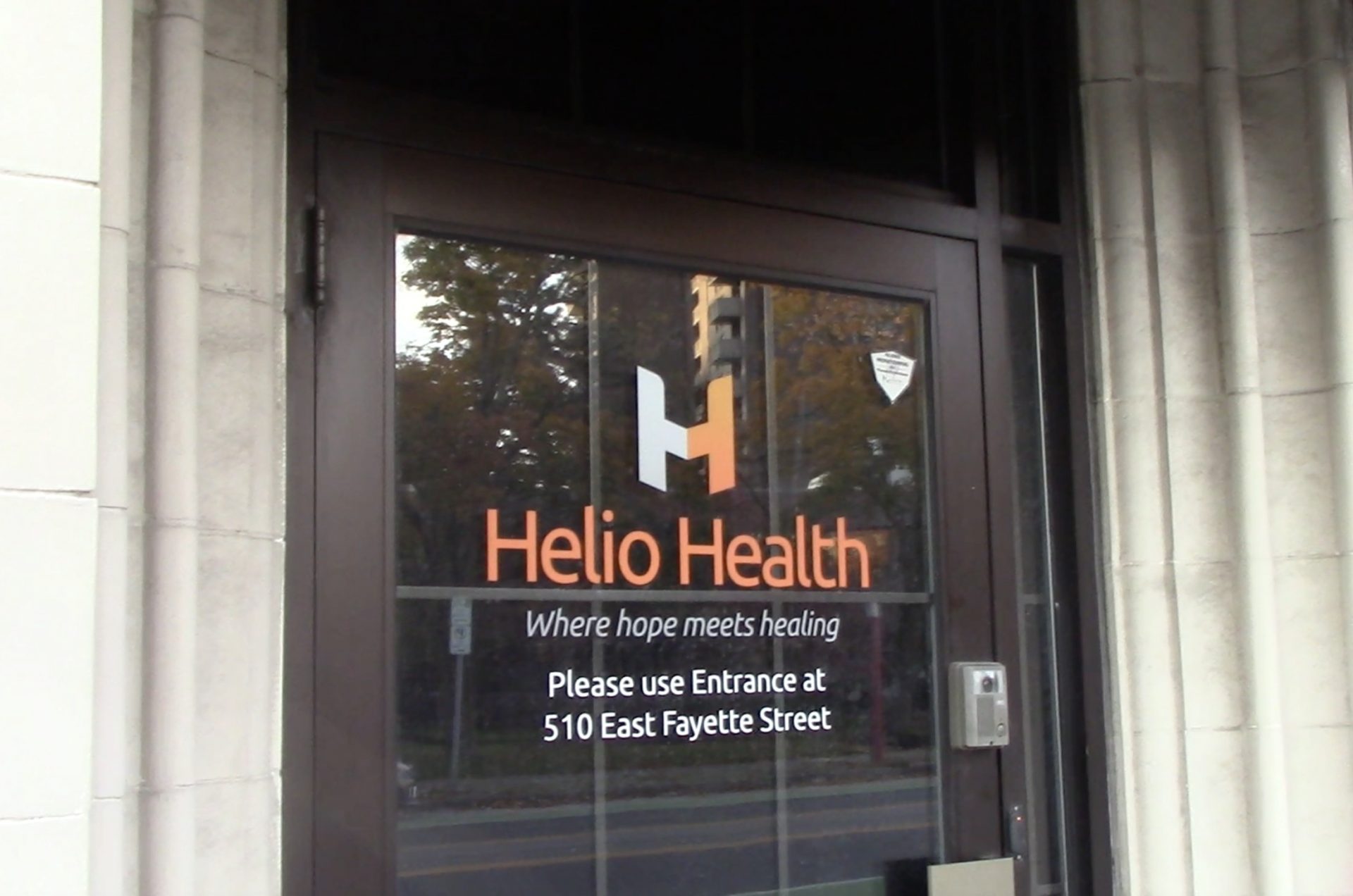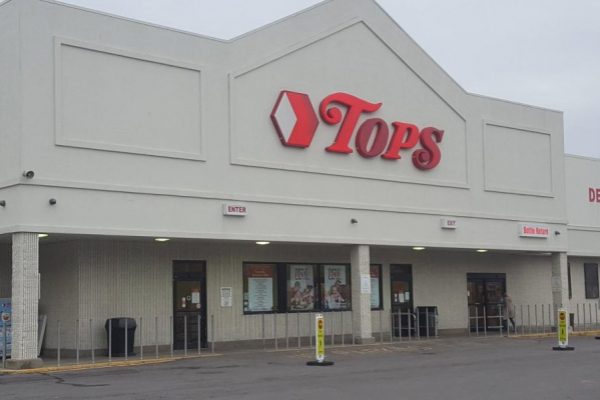
SYRACUSE, N.Y. – Kathy Hochul released another $4.7 million this week for drug addiction treatment programs.
This is the second portion of money to come from the Opioid Settlement Fund, a collection of money derived from companies that were deemed to have contributed to the opioid epidemic.
Locally, $760,000 will go to Helio Health, specifically for comprehensive outpatient treatment programs. This is something Syracuse has needed for a while, according to Marsha Weissman, founder of Center for Community Alternatives.
“Syracuse has been late to having a more comprehensive approach to treatment,” says Weissman.
Addiction treatment programs historically use a one-size-fits all model that does not account for individual needs or access, according to Weissman.
This model does not acknowledge gender differences, either. During the drug epidemic of the 90s, Weissman says that her organization recognized that women were responding differently to the street drugs of the time.
Additionally, women with addiction problems often experience sexual abuse or have children at home, meaning they require more help or cannot consistently attend their outpatient treatment, according to Weissman.
It is also common for addicted people to quit their programs. However, each time they reach back out for help, they must go through state-required questionnaires again. Weissman says that addicted people are often reliant on many state programs, meaning that they must endure the same intrusive, repetitive questions over and over.
Local mother of an addicted son, Michelle Gossner, said that many treatment programs are too short to lead to recovery.
Luckily her son was led to sobriety by Adult and Teen Challenge, which also led Gossner to her faith. After 20 years of her son’s struggle with addiction, and the mental toll it took of her, they are both in recovery.
“[Drug addiction programs] need to help not only the person that’s struggling, but the families, because it is a family affair. Watching your child, your spouse, basically kill themselves. They’re unrecognizable. They’re doing, saying, and acting in ways that you’ve never seen them do,” Gossner said.
Gossner runs a branch of Parents of Addicted Loved Ones at Lafayette Church. A combination of education and peer-to-peer support, the faith-based support group allows families of addicted loved ones to connect.
After her connection to her faith finally gave her hope, Gossner said PAL was her opportunity to give back.
They meet every Monday from 6:30-8:00pm at 6069 US Rt. 20, Lafayette, NY 13084.




